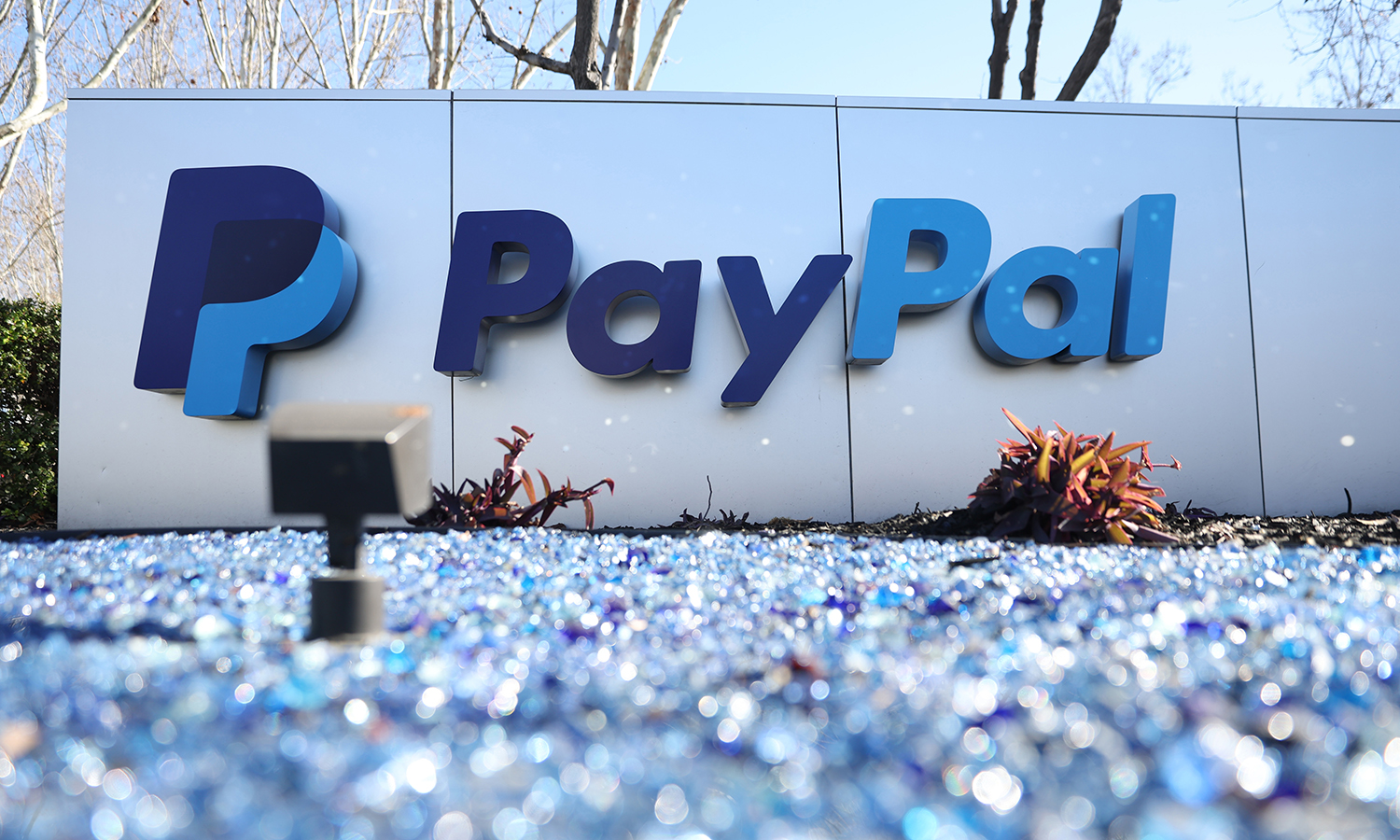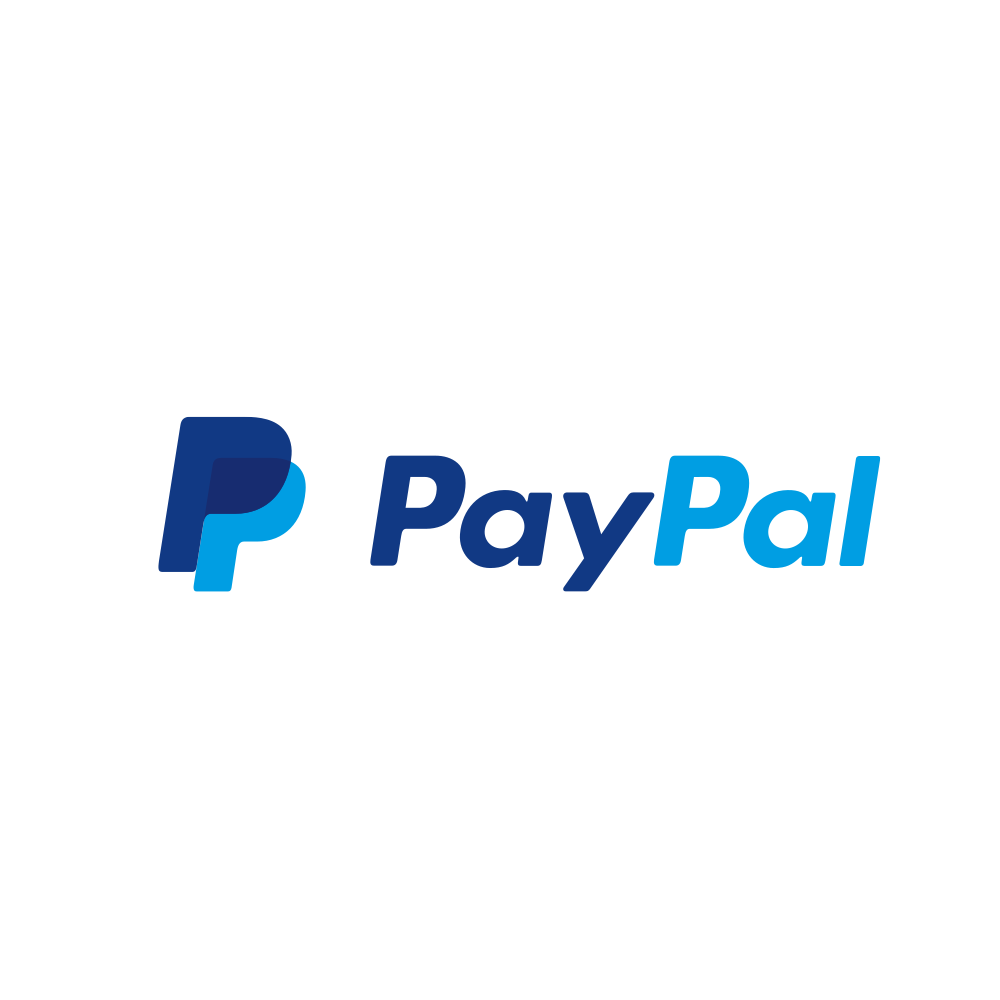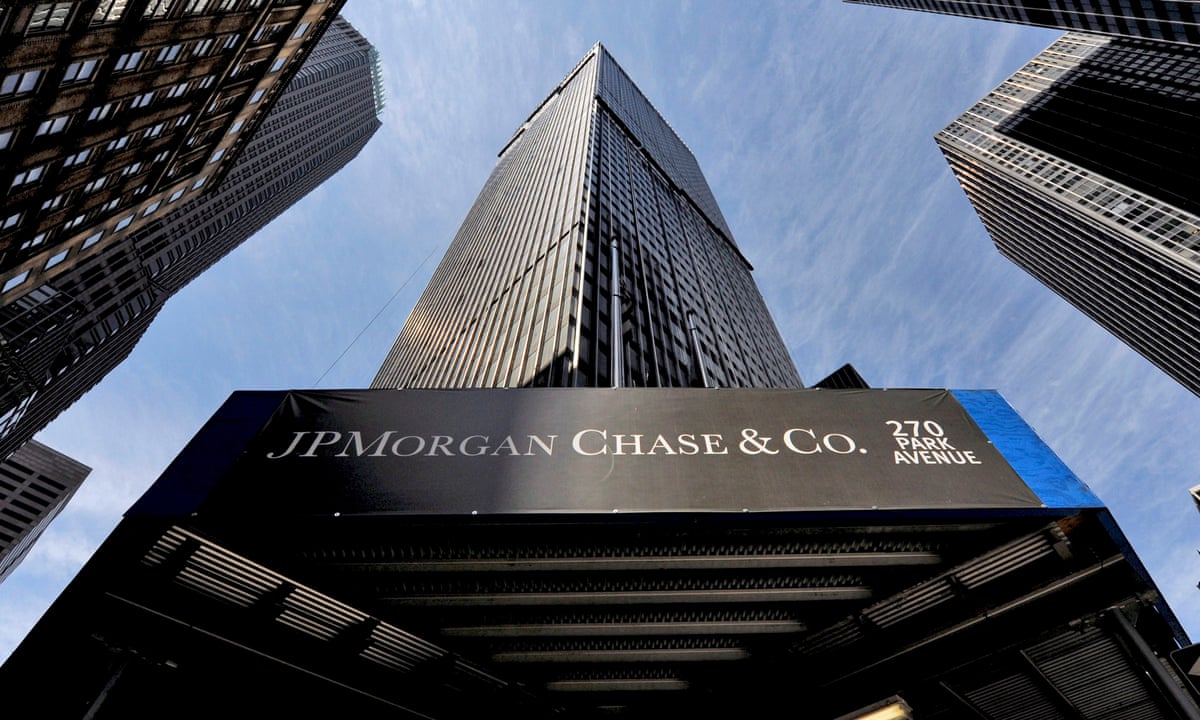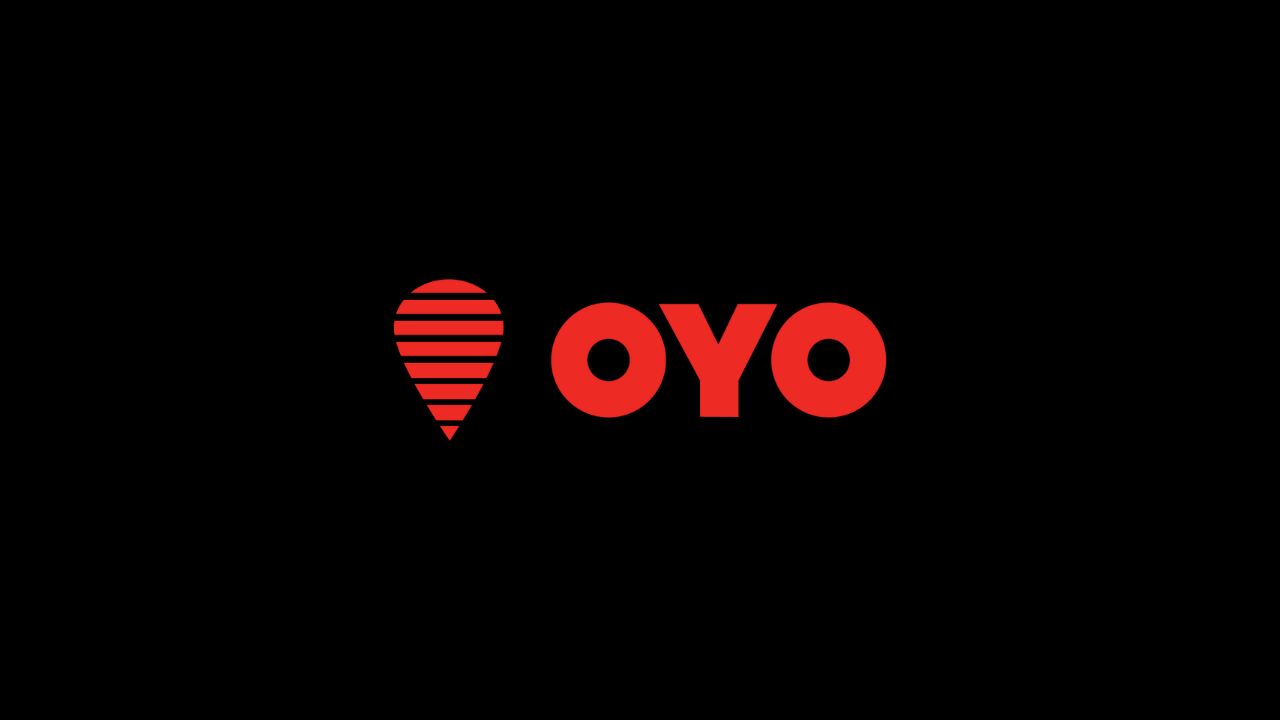Introduction
PayPal is an American multinational Corporation dealing with the use of internet services for payment and reducing the use of traditional paper money like checks and money orders. PayPal’s Business Model involves its business Plan, Revenue model, its competitors, SWOT Analysis, and many more.
PayPal has evolved into the world’s most powerful financial tool, dominating online payment options. PayPal uses a fin-tech business model, and also a classic two-sided platform. Business plans are used by investors to evaluate companies that they are interested in. A business model could be a high-level strategy for operative a profitable company in a very sure market.

Revenue Model
PayPal is one the most well-known and successful fin-tech companies in the world. But not many know how they make money.
PayPal is a 2 sided platform facilitating transactions between merchants and their consumers, they each count as PayPal’s customers. And they each have unique requirements that PayPal caters to.
PayPal has numerous revenue streams from both Individual consumers and merchants. Such as collecting transactions fees, subscription fees for premium features offered to business, the sale of card readers, business loans, referral fees on cashback rewards, interchange fees, interest on cash advances etc. Lets find out what each of these means.
Its been over two decades, and PayPal is still hailed as an innovative Fin-tech company. They’ve been through the dotcom boom, the great financial collapse, and possibly another wave of bubble, and ye their innovation edge is sharp as ever.
Competitors
Some of the major big competitors of Paypal are:
- Google Checkout
- Moneybookers
- Wirecard
- Apple Pay
- Stripe
SWOT Analysis
Strengths
- Payments: It allows the user to centralize all their payments through the app or website on their PayPal account. PayPal is a very innovative company not only in terms of the solutions that they offer but also if you look at their business history.
- International transactions: PayPal allows users to make international transactions — which can be annoying in other apps — in a very practical, convenient, and easy way.
- Customer Base: Naturally owing to the global presence of the company, they have an excellent customer base. More than 153 million online accounts.
- Brand Equity: Every time one thinks of making an online payment, in terms of either buying something or sending/receiving money from someone, PayPal instantly comes to mind. Available in 24 currencies worldwide.
- User-Friendly: Although easily taken for granted, businesses that actually offer easy-to-use and easy-to-understand products and services are so much better than the rest.
Weakness
- Fee Amount: Because PayPal enjoys a good chunk of the market share, they use it to their advantage in terms of the transaction fee they charge. The fee amount decision is at their discretion which makes it easy for them to charge any rate.
- Frauds: PayPal has faced controversies regarding payment transactions. PayPal has suffered many cyber-attacks which have obviously left a stain on their reputation. Their security isn’t as strong as it should be for an e-banking platform. High exposure to risk and frauds.
- Internet Dependence: PayPal is actually used when connected with the internet; otherwise, the money can’t be transferred. This does leave a lot of room for countries or regions where stable internet connections are not always available. Since, E-banking cannot be held without internet, the dependence is inevitable.
Opportunities
- International Expansion: Though already in 200 countries around the world, they still have a lot of regions that are untapped by their business. International expansion is definitely the way to go because it offers more business growth. Upcoming E-commerce markets.
- Cryptocurrency: PayPal should be open to incorporating the transfer of cryptocurrency on its platform. Crypto is expected to become a huge deal in the near future. Everything has become digital, it is only so long until the currency becomes digital as well. The possibility of Cryptocurrency transactions is very much in the market, so to counter the market, its important to try its hands on that.
Threats
- Competition: Although this company is way ahead in the game, they still have competitors. Competitors no matter how small can always become stronger with time. Google Wallet, WePay, Apple Pay, Wise, Pioneer, etc. are just some of the more known examples. Highly competitive environment.
- Political Instability: Many regions in the world are still not using PayPal because of the political tensions that exist between the world’s nations. Stringent economic policies world over. China and the USA are always in some sort of political fit. Business between the two countries is very difficult as is.
- Cyber attacks: PayPal can only continue to be successful when people feel safe using it by giving sensitive information crucial for the banking process. They must come up with a stable solution to get rid of these cyber security issues once and for all. Hacking and fraud threats.
Conclusion
PayPal is a well-established brand and has many potentials in the market. Its customers are divided into two segments which are consumers and merchants. It earns its revenue from charging transaction fees, offering business account subscriptions, selling card readers, etc. They also have some big competitors in the market like google pay send, WePay, and Skrill.




